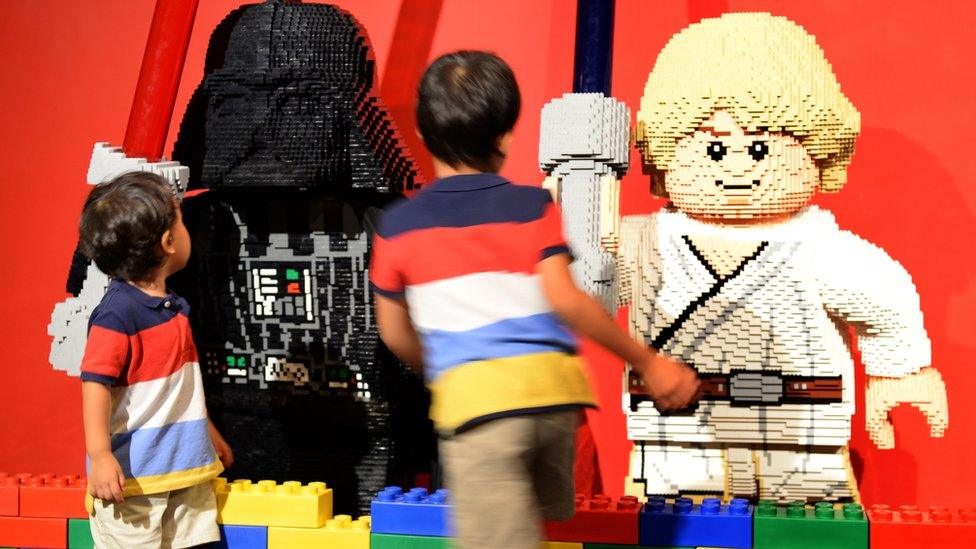Lego appoints British boss in brand expansion
- Published
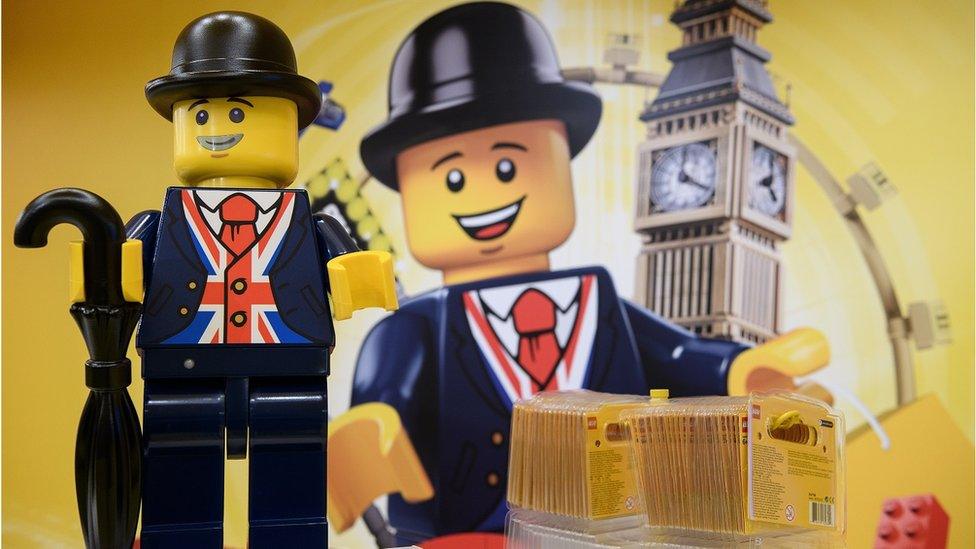
Lego, the Danish toy company, is seeking new ways to build its brand and is appointing a new, British boss.
Chief operations officer Bali Padda will take over in 2017 as the first non-Dane to run the business as it restructures its management.
Jorgen Vig Knudstorp, who has led the family-owned company through a ten year turnaround, will chair the Lego board.
A new entity, the Lego Brand Group, aims to exploit "untapped potential" for the toy cupboard stalwart.
The company said the new entity, also chaired by Mr Knudstorp, would "protect and develop" the Lego brand, including its educational and charitable activities, and oversee its Legoland attractions.
Mr Padda will focus on the core business whilst the new vehicle, the Lego Brand Group, will consider new avenues for the brand.
"It will be exciting," he told the BBC. "It [will be] Lego but as you've never seen before. What does that mean? That is what we have to explore."
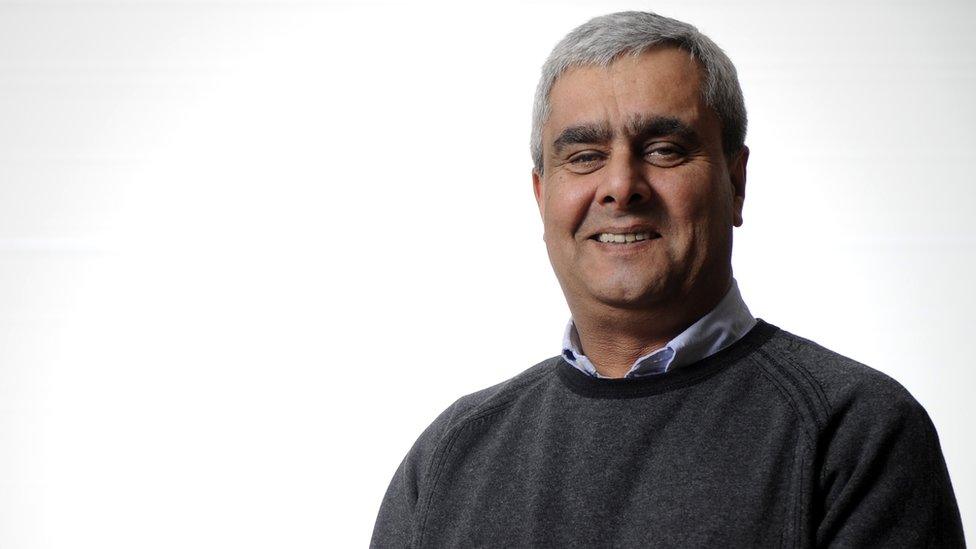
Bali Padda will become the first non-Dane to run Lego
Lego is still owned by the family of Kirk Kristiansen, who founded the business in 1932. Family members are expected to take an active role within the new Lego Brand Group.
'Believe in the brick'
The company has constructed sturdy foundations under Mr Knudstorp's leadership. But just over a decade ago the structure was more shaky.
The company reached a financial low-point in 2004, as electronic toys swept the market, and the plastic bricks struggled to compete.
"It was tough. We were nearly bankrupt at the time.
"It was not a good situation to be in, but at the same time it was a fantastic challenge," said Mr Padda, who joined Lego from Timberland in 2002.
"We were not focused enough," he admitted. "To a degree we had started to leave the brick behind."
Mr Padda said Lego had focused on "instant gratification", giving children a few ready-made pieces to assemble quickly. The key to the turnaround, he says, was resurrecting the company's "belief in the brick".
The past decade has seen Lego embrace movie tie-ins including Star Wars, Indiana Jones and Harry Potter, as well as introducing smartphone apps and digital games as well as collaborating on The Lego Movie.
The strategy has led to double digit annual growth. In 2015 the company posted revenues of $5.2bn (£4bn), meaning it the world's second-largest toy company after Mattel, the Barbie and Hotwheels maker.
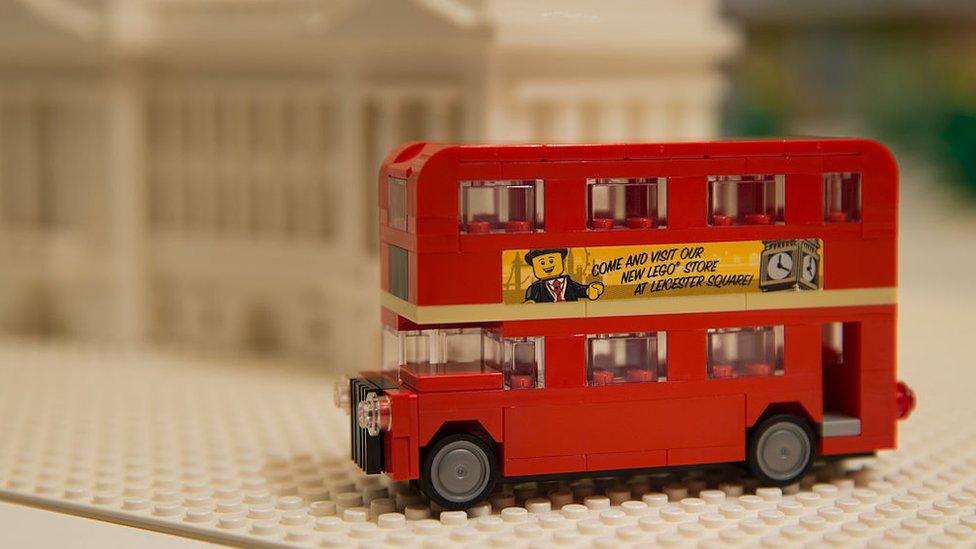
Mr Padda, who spent his childhood in India playing marbles and cricket, and only really encountered Lego through his own children when he was living in the UK, said he would not veer far from the strategy of his predecessor.
"I've been an integral part of setting the strategy. That strategy continues.
"Where I do wish to focus is how we better prepare ourselves for the future from a leadership capability, capacity point of view," he said.
"The world is being disrupted in many ways. How do we become a lot more agile to face the challenges that will come to us tomorrow? We don't know what they are, but how do we ensure that we are better prepared?"
- Published12 November 2016
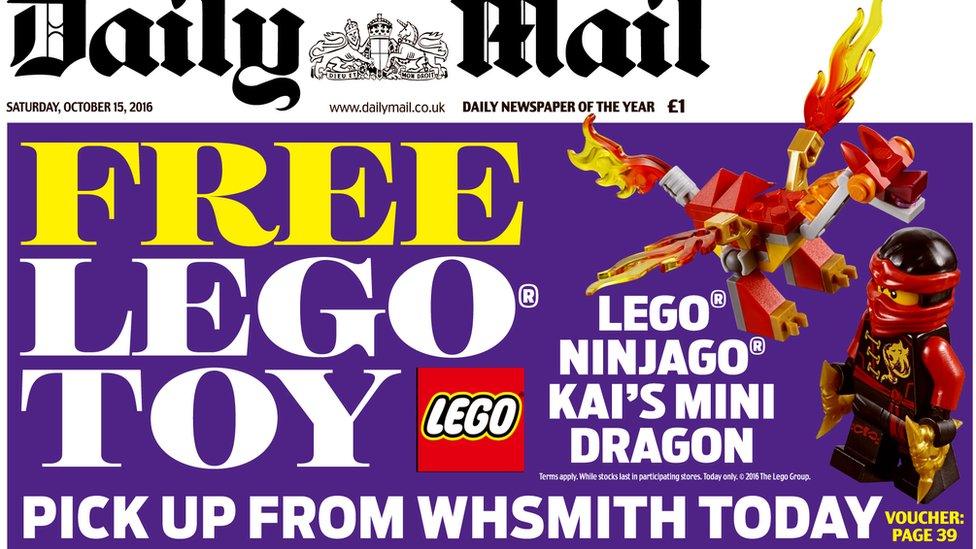
- Published6 September 2016
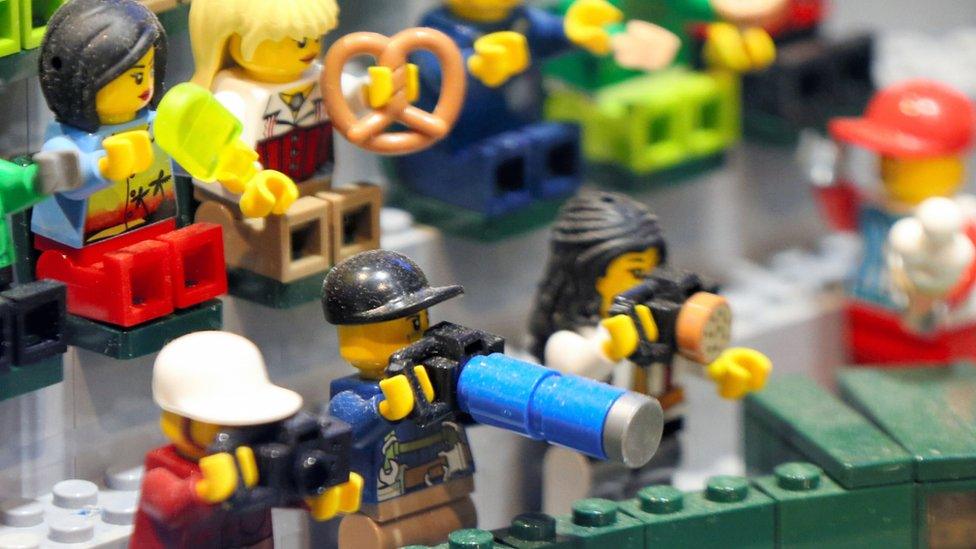
- Published23 May 2016
